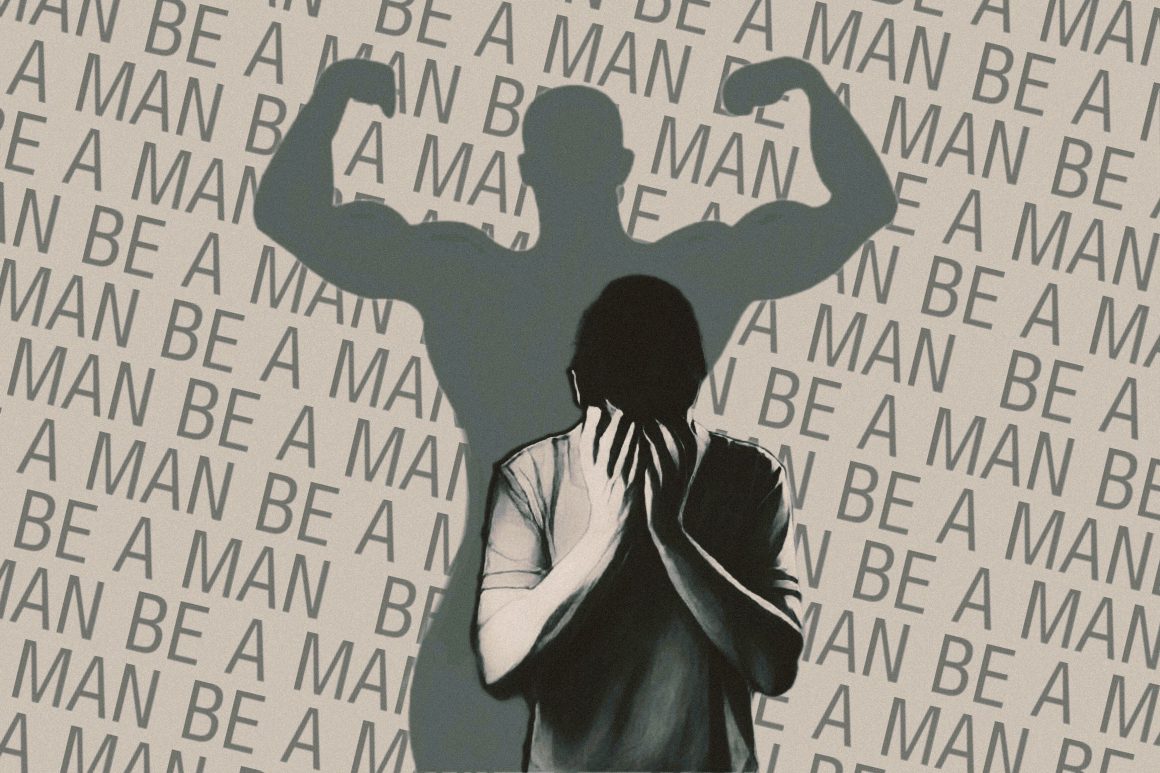
Men’s mental health is more than just growing out moustaches
By Jillian Cung, November 29 2022—
Although moustaches are a popular topic during the month of November, aka “Movember” to mark Men’s Mental Health Month, what is even more important than abandoning one’s electric shaver is discussing how toxic masculinity affects men. Men are not made out of steel — they are human beings, and it is impossible to be tougher than nails on a 24/7 rotation as they are expected to be. Men who participate in toxic masculinity as they get older could become socially isolated, which could harm their health, happiness, and general well-being.
Our society fails to let men have a chance to breathe when it comes to being vulnerable because it refuses to legitimize men that are anything other than “tough guys.”
It is okay to ask for help if you need it — a statement that is easier to write than to actually accomplish. Asking for help can be intimidating because traditional means of masculinity consider this behaviour as a sign of weakness. Not knowing the answers to everything is okay. Asking for help is a necessity and letting problems get pushed aside or snowball into bigger ones is worse than getting the help you need. The myths that surround strength and traditional masculinity keep men from tackling issues that cannot be easily resolved on their own. Our society pushes a toxic narrative that men are not allowed to admit when they are struggling thereby forcing men to struggle by themselves without adequate support.
Society harps on men for being emotionally unavailable while also pushing narratives that expressing emotions is a sign of weakness. However, bigger questions are not being asked — why are many men struggling to be emotionally available? Emotions can be hard to communicate, especially when society tells you to repress them. Men often feel like they need permission to express emotions, making it difficult for them to feel allowed to have emotions.
This phenomenon can be described as normative male alexithymia, “a subclinical form of alexithymia found in boys and men reared to conform to traditional masculine norms that emphasize toughness, teamwork, stoicism, and competition and that discourage the expression of vulnerable emotions” as defined by the American Psychological Association.
Emotions are more than just acknowledging that sometimes you need a good cry to let everything out. Properly communicating and understanding your emotions is not only a benefit for yourself but for the people around you. Dismantling myths that are perpetuated by toxic masculinity are important when addressing men’s mental health, especially for issues like normative male alexithymia. Understanding how toxic masculinity harms men is one step closer to shaving off the societal pressures they face. For the men out there who are struggling, please seek the support you need — your feelings are valid.
This article is a part of our Voices section and does not necessarily reflect the views of the Gauntlet editorial board.
